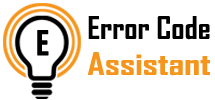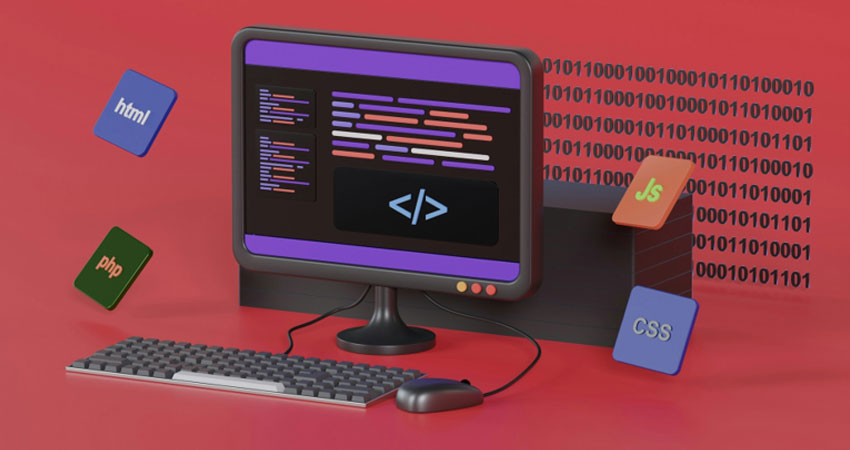Improving your Python coding proficiency involves a combination of practice, learning new concepts, and staying updated with best practices.
Who is Python coder?
Python coder is experienced in building high-quality applications that are tailored to your specific needs. He understands the importance of feature-rich applications that meet your expectations, and he is dedicated to delivering results that exceed them. With expertise in Python, the coder can help you seamlessly migrate to the platform and take advantage of its numerous benefits.
Tips to Improve Python Coding Proficiency
1. Read Python Documentation
The Python documentation is a comprehensive resource that provides detailed explanations and examples for each aspect of the language. It is regularly updated and maintained by the Python community, ensuring its accuracy and relevance. Additionally, the documentation includes tutorials and guides to help beginners get started with Python programming.
2. Use Virtual Environments
Learn how to construct and use virtual environments to separate project requirements. Tools like Virtualenv and Venv can assist manage dependencies for various projects.
3. Understand Data Structures and Algorithms
Develop your knowledge of algorithms and data structures. Having this information is essential for creating scalable and effective programming.
4. Practice Regularly
The ability to code becomes better with practice. Use resources like LeetCode, HackerRank, or CodeSignal to solve coding puzzles. Take part in coding contests to challenge yourself.
5. Read Code
The ability to code becomes better with practice. Use resources like LeetCode, HackerRank, or CodeSignal to solve coding puzzles. Take part in coding contests to challenge yourself.
6. Follow PEP 8 Style Guide
To develop clear, understandable code, use the PEP 8 style standard. Maintainability of the code is enhanced and cooperation is facilitated by consistent coding style.
7. Learn Design Patterns
Recognize and use design patterns. Writing more modular and maintainable code may be facilitated by using patterns like Factory, Observer, and Singleton.
8. Explore Python Frameworks
Examine well-known Python frameworks such as Flask for small-scale web apps, Django for web development, or PyTorch/TensorFlow for machine learning, based on your interests.
9. Automate Tasks
To automate repetitive operations, use Python. This offers useful coding expertise in addition to time savings. Think about automating jobs with modules such as subprocess, shutil, and os.
10. Version Control
Learn how to use Git and other version control systems. Recognize branching, merging, and working together on projects. Collaborative coding on websites like GitHub or GitLab is common.
11. Testing
Learn how to use testing frameworks like nose, pytest, and unittest. To make sure your code is valid and maintainable, write tests for it.
12. Understand Memory Management
Discover how to optimize memory utilization in your programs, as well as garbage collection and memory management in Python. Knowing how to regulate your memory
13. Explore Python Ecosystem
Learn how to use common Python libraries and tools, such requests for HTTP requests, Pandas for data processing, Matplotlib/Seaborn for data visualization, and NumPy for numerical calculation.
14. Read Books and Blogs
Read blogs and books on Python to stay current on best practices and the newest developments. Several well-known books are “Effective Python” by Brett Slatkin and “Fluent Python” by Luciano Ramalho.
15. Contribute to Open Source
Participate in open-source initiatives. It is a fantastic opportunity to advance your abilities, get knowledge from seasoned developers, and give back to the community.
Final words
Remember that getting skilled in Python is a gradual process. Be patient, curious, and always strive to improve your coding abilities.



